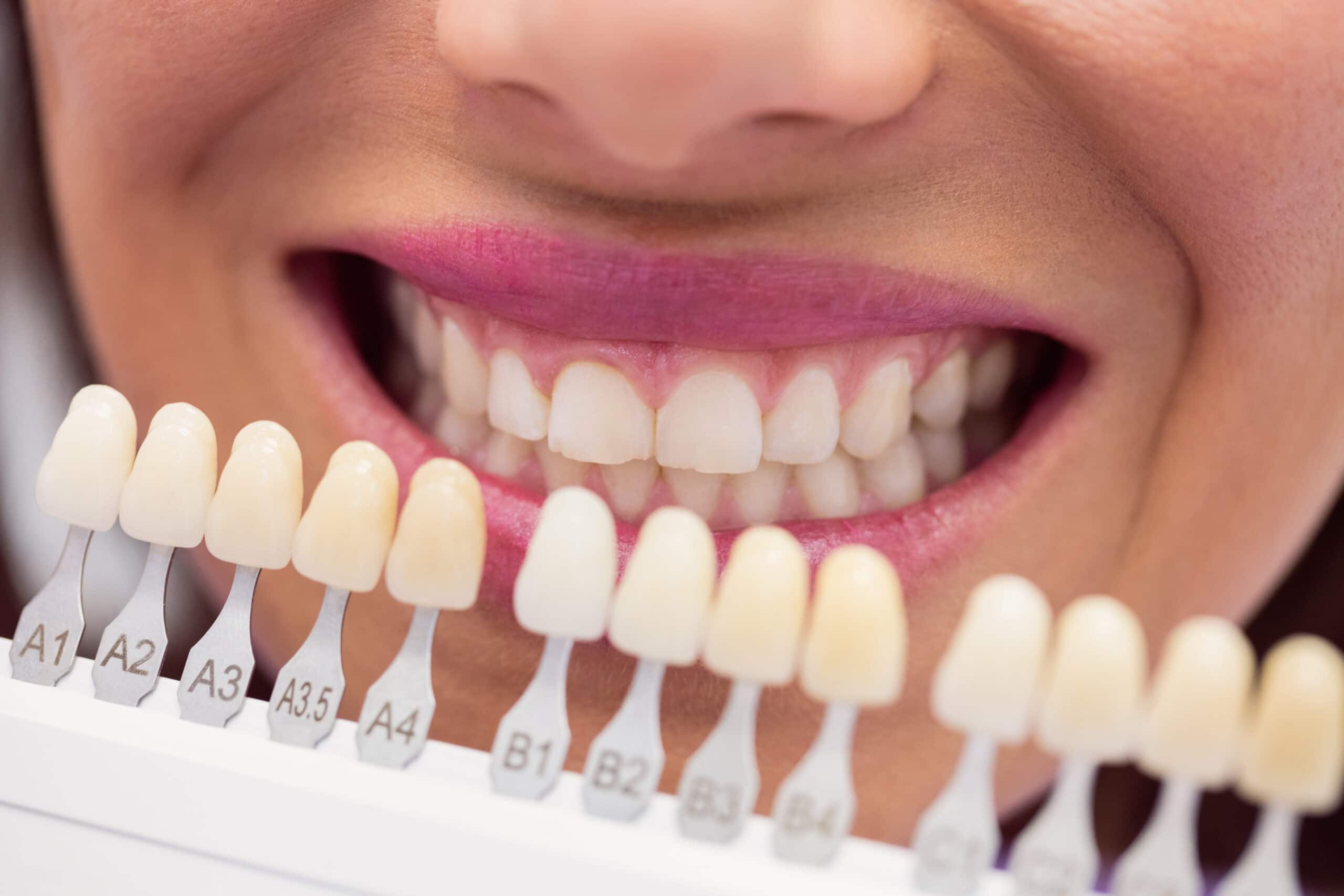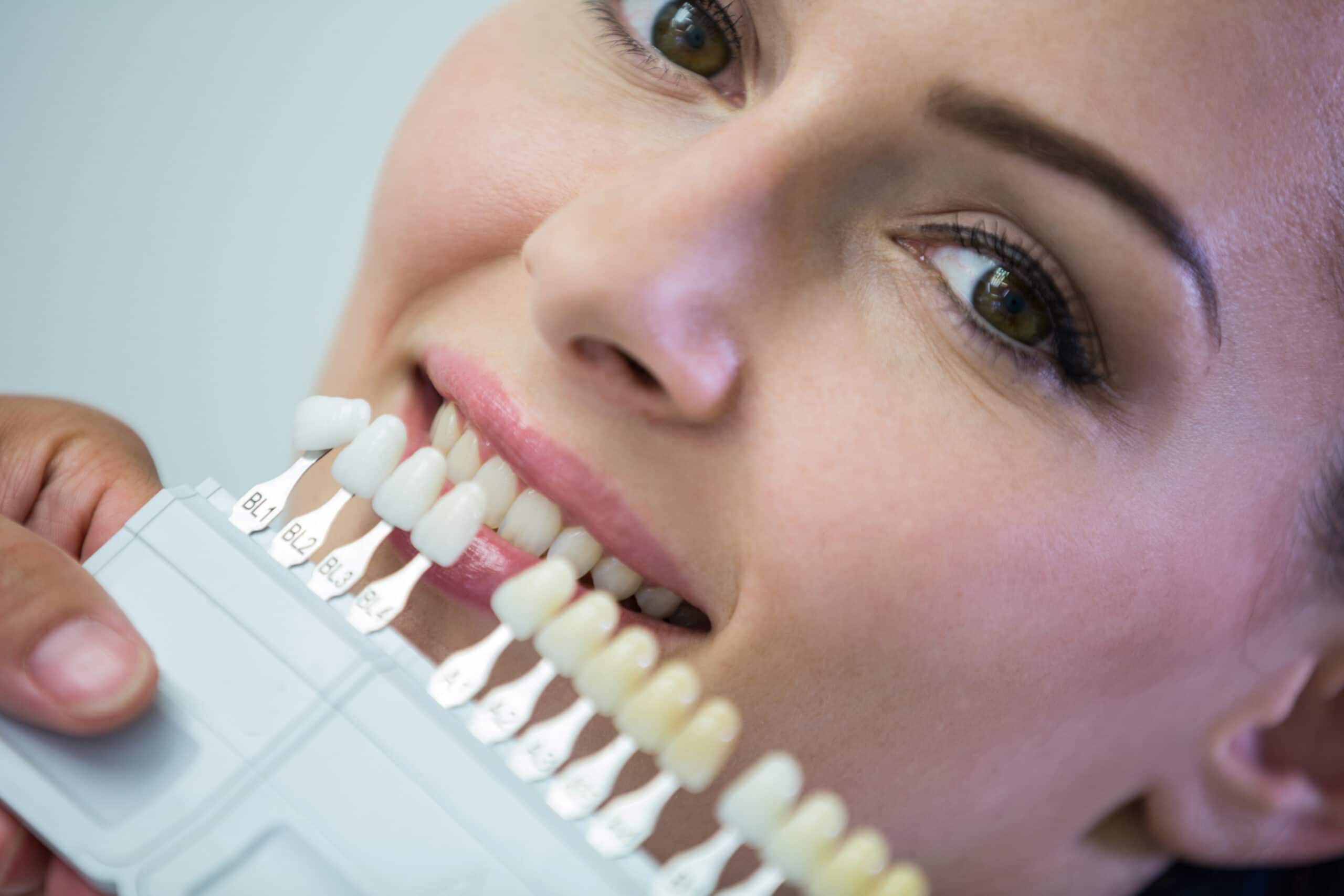


DENTAL VEENERS
Veneers are among the most requested aesthetic dental treatments for patients coming from all over the world to WorldClinica. We offer the highest quality teeth veneers available in Turkey and we use materials provided by the best international brands. Dental veneers (sometimes called porcelain veneers or dental porcelain laminates) are wafer-thin, custom-made shells of tooth-colored materials designed to cover the front surface of teeth to improve your appearance. Veneers can be used to treat a number of different cosmetic concerns, such as chipped, broken, discolored, crooked or misshaped teeth. Dental veneers can be made from porcelain or from resin composite materials. Porcelain veneers resist stains better than resin veneers. They also better mimic the light-reflecting properties of natural teeth.
Different types of veneers
- Porcelain Veneers
Porcelain is the most common material used for veneers. They are tooth-colored, versatile, and completely custom. They last 15 to 20 years. Porcelain veneers are made of ceramic materials and resist stains better than composite veneers. Before the procedure, your dentist will color correct and shape the remaining healthy tooth structure by 0.5-mm or greater. After that, they replace the natural tooth with a bonding agent and a porcelain shell. If the tooth has very dark discoloration, opaque may be used. There are over 15 different shades of porcelain for a patient to choose from.
- Composite Veneers
Composite resin veneers are made of the same material used for tooth-colored cavity fillings.
These are slightly cheaper than porcelain veneers. They are usually fabricated quickly, which means they are a same-day treatment option. Direct composite veneers (composite bonding) are sculpted on the teeth rather than in a dental laboratory. Composite veneers require teeth recontouring before placement. They can also be placed directly on uncut enamel. Composite veneers usually last 5 to 10 years. When composite chips, the chipped area can be repaired. When porcelain on the other hand chips, the entire veneer has to be replaced.
- Palatal Veneers (Palatal Onlays)
These are a special type of onlay used to restore anterior teeth. Platal damage to anterior teeth can be caused by deep bite, bruxism and dental erosion. Palatal onlays are a great solution to restore only the compromised part, leaving the rest of the teeth untouched.
- Lumineers
Lumineers are very thin (0.2 mm) and translucent. Lumineers are so thin that they do not require tooth reduction or recontouring. They replicate the shape and color of natural tooth enamel and can last for over 20 years. However, they have a greater chance of chipping than traditional veneers, often resulting in a shorter lifespan.
- Removable Veneers (Non-Permanent)
This option is less invasive, non-permanent, and more affordable than traditional veneers. Upper and lower molds are made of a patient’s teeth, similar to clear aligners, and can be removed at any time. Removable veneers do not require tooth reduction. However, non-permanent veneers can be uncomfortable and do not blend in as well with your natural teeth. Furthermore, they must be replaced often.
How is the dental veneers procedure performed?
Your dentist will start with removing some enamel from the front and sides of your teeth to make room for the veneer. If you are getting lumineers, the dentist will skip this step. Afterwards an impression (a mold) of the prepared tooth structure will be made. In order for the veneer to look natural, you and your dentist will decide on a veneer shade that best matches your smile. The tooth impression will be sent to a dental lab that custom-makes the veneer to fit right. In the meanwhile, your dentist will cover the teeth with temporary veneers to wear. During your second visit, your dentist will remove the temporary veneers and place the permanent veneers on your teeth to confirm the proper fit and appearance. Your dentist will also clean your teeth before bonding the veneer.
Benefits and risks with dental veneers
- They can prevent discoloration
- They can boost confidence in your smile
- They require little enamel removal
- They can cover discoloration, chips and cracks
- The feel and offer a natural look
Some risks of veneers include tooth sensitivity, irreversible tooth damage and veneer failure which is very rare.
Who are good candidates for the dental veneer procedure?
- Your Teeth are Severely Stained.
- You Have Minor Cosmetic Issues.
- You Have Good Overall Oral Health.
- Plenty of Tooth Enamel
Recover and results
Sensitivity and mild pain may be experienced after the procedure. You should avoid too hot or too cold beverages in order to minimize the discomfort caused by side effects. You may return to your daily routines right after the procedure, providing that you follow the aftercare instructions carefully. Furthermore, proper oral hygiene practices should be followed. Most porcelain veneers can last anywhere from 15 to 20 years with proper care.

Assistance rapide
24 HEURES
GREFFE DE CHEVEUX
Assistance
Vous pouvez nous joindre depuis notre ligne WhatsApp 24h/24 et 7j/7.
TEMOIGNAGE







